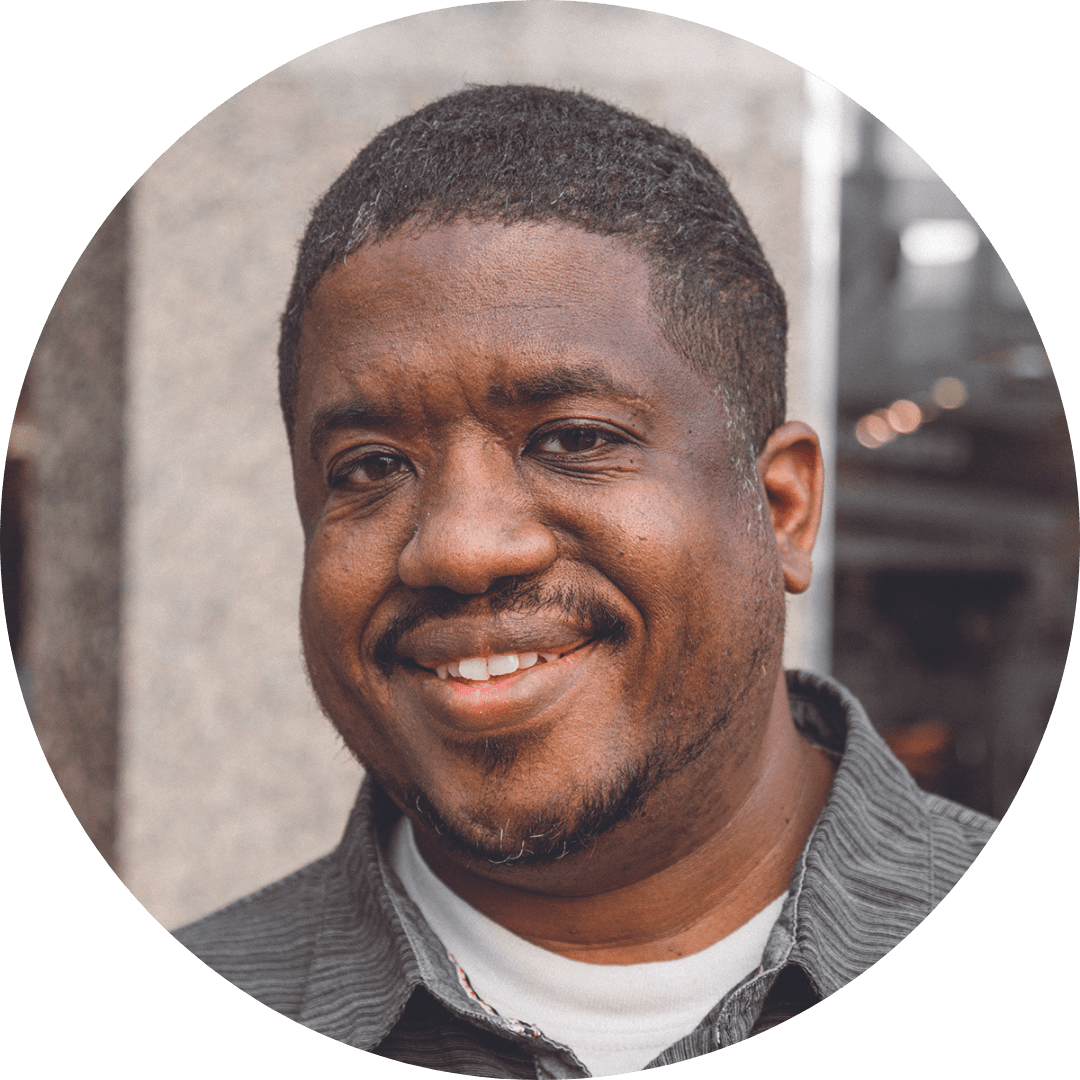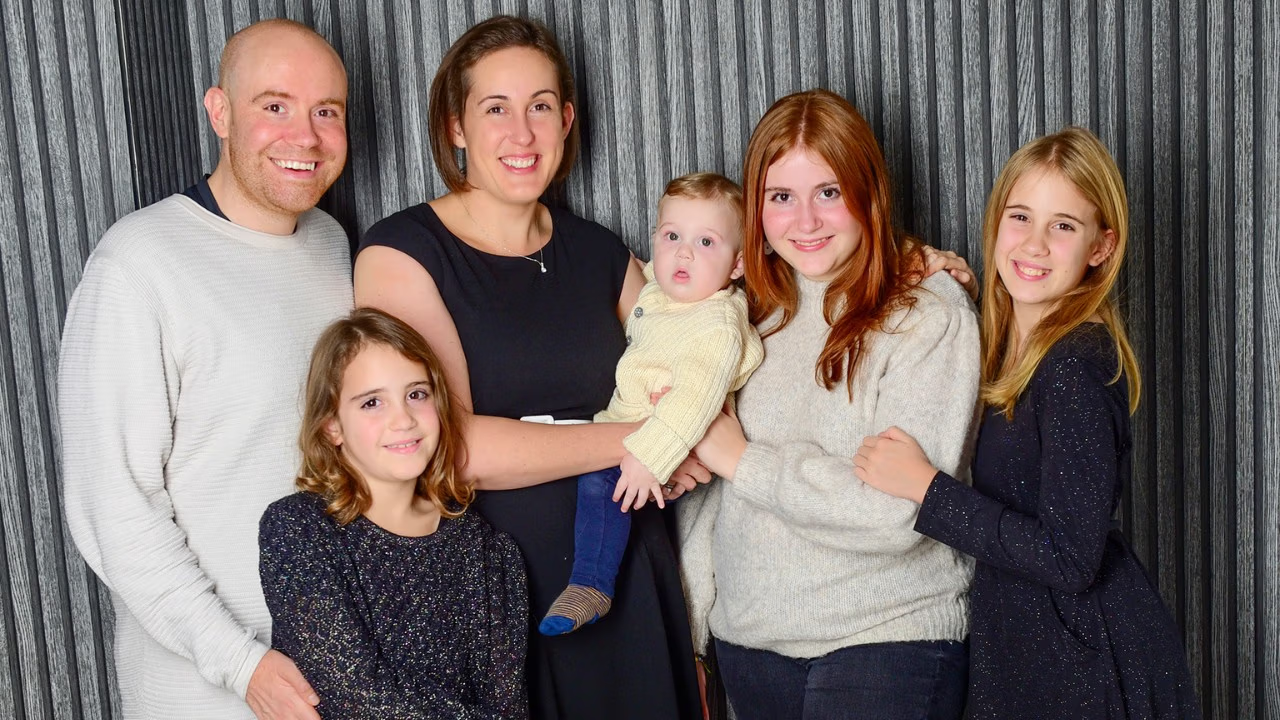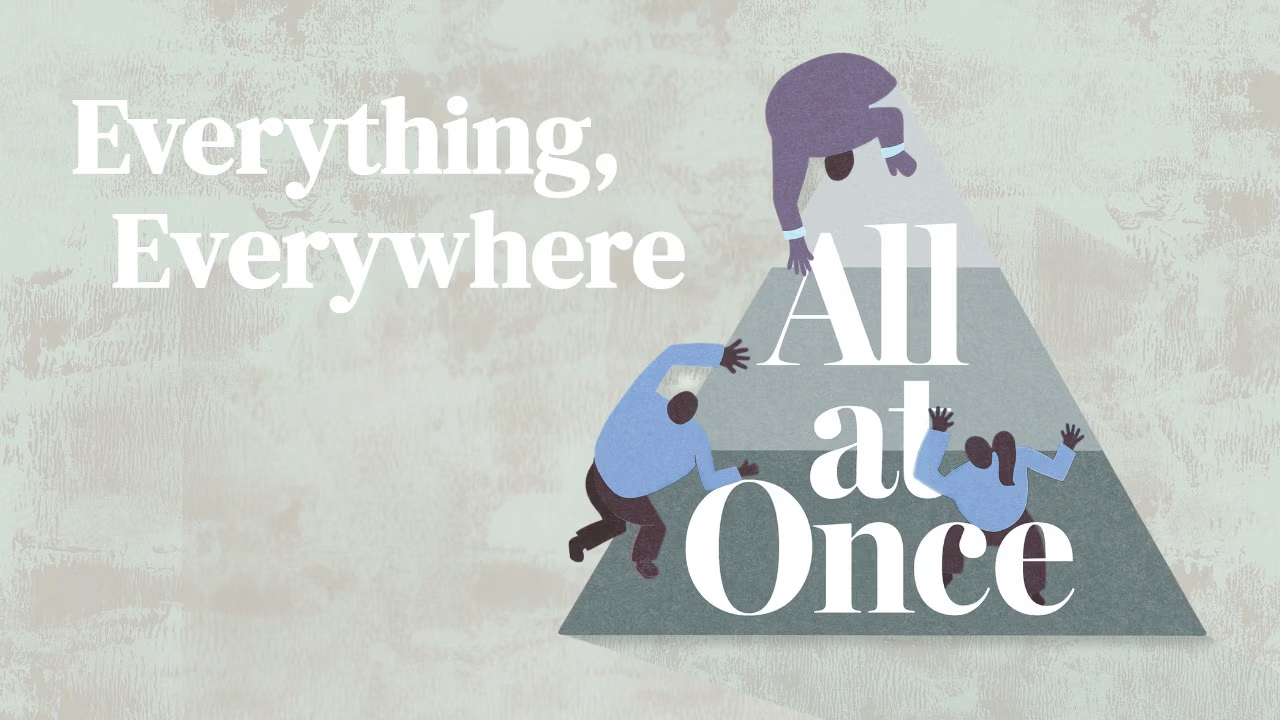When Ministry Evolves Into New Directions
In many ministry circles, the practice of spiritual direction has become widespread for both clergy and laypeople. To learn more about what spiritual direction is and how it differs from other forms of wise counsel, Jelani Greenidge, missional storyteller for the Companion, sat down virtually with three Covenant spiritual directors: Izabela Cormier of Canal Street Church in New Orleans, Louisiana, and Porch Swing Soul Care; Tammy Long, lead pastor of South Bay Community Church in Fremont, California; and Ted Yuen, lead pastor of McMinnville Covenant Church in McMinnville, Oregon.
This conversation has been edited for length and clarity.
What were your first experiences with spiritual direction? How did you discover this practice?
TED: I think there’s some divine comedy that I ended up as a spiritual director. I grew up in an immigrant church, a Chinese Baptist church in Chicago, that was pretty overtly anti-Catholic. That was just part of the conservative theological landscape where I grew up. Fast-forward to post-college: I ended up working in an ecumenical storefront ministry in the city, and my mentor and boss was a Catholic parish nurse. We would meet and talk about life, and she would share about meeting with her spiritual director. Because of my upbringing, I had a lot of suspicion about what that was and what it meant.
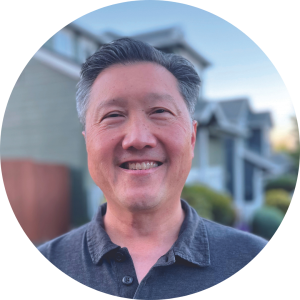
However, it seemed like every time she visited her director, it put her in a better place. So I started to open up to it. At the same time, the office I shared was also used by a Franciscan sister who did what she called “spiritual companionship.” She would do it with people off the street, and she invited me to try it with her, but at that point I still had these suspicions so I never did.
Then I went to seminary at Regent College in Vancouver, British Columbia, where I got to study with people like Eugene Peterson, who were all about spiritual direction. I received a theological foundation for understanding it, and I had my first meeting with a spiritual director around the year 2000. The person I met with was both a therapist and a spiritual director. So that was kind of a neat combination, and I immediately discovered what a wonderful space it was. I discovered all kinds of things about myself and about what that ministry could do.
IZABELA: I went to a Jesuit college and I attended a lot of the retreats that were offered for the students, which I just loved. Being around Jesuits and the mission ministry leaders, I learned of this mysterious thing called spiritual direction, but I thought it was just for priests or nuns.
Then in 2014, I met a spiritual director who was from a Protestant tradition, and that really surprised me. When I talked with her, everything she said about spiritual direction resonated with me. I felt like I had been doing that with people all along, but this woman was giving me a label for it.
I tried finding a spiritual director in my area, but I could only find nuns and Jesuit priests who were offering it. At the time I really wanted somebody in a Protestant denomination. My church was kind of grafted into the Covenant, and I learned about the Weborg Center for Spiritual Direction at North Park Theological Seminary.
At that point the timing wasn’t right, but I completed my training last August.
TAMMY: I first learned about it when I was the executive pastor of our church. As I was getting to know a colleague who was new to the church, he mentioned receiving guidance from his spiritual director. It piqued my interest, and as he described it to me, I was like, “Wow, that sounds amazing. Who do you see and can I see them too?”
I still see that same spiritual director that I started seeing back in 2010. As I went through spiritual direction with her and realized how deeply it resonated with me, I started pursuing training.
Can you describe what spiritual direction is? How does it differ from pastoring, counseling, or therapy?
TED: As a pastor and spiritual director, I really appreciate that direction is such a different space from pastoral counseling or just meeting with people. I think there’s a greater degree of freedom. It’s refreshing as a pastor to move into the spiritual director space and focus on the directee’s story and soul, without having to address interconnections with a ministry team or figure out a follow-up plan. Spiritual direction doesn’t have those same obligations or parameters.
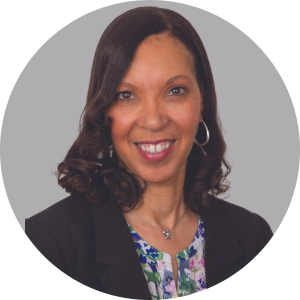
TAMMY: One of the best ways to explain the differences is that therapy, counseling, and pastoring often involve looking at the past and helping people work through things in their history. Coaching and pastoring often involve looking at the future and guiding people forward. Spiritual direction is very much about the present—how God is moving in the moment. Sometimes the past will come into play, and sometimes you may look toward the future, but there is very much a sense of, “What is God doing in the present? What are we sensing right now? What is bubbling up for you?”
IZABELA: A lot of people in my area don’t know much about spiritual direction. As spiritual directors, we offer the ministry of listening and sacred presence, and we bear witness to how God is moving in the directee’s life. We invite and guide them into various forms of prayer practice.
We may meet one-on-one or in small groups, usually once a month. We practice contemplative, evocative listening, noticing what is, and asking questions to draw out whatever is still lingering. Each session is its own unique moment, not following a set of goals or plans. We sit with people and focus on God’s current movement in the individual’s story.
TAMMY: If something bubbles up in my spirit that feels as though it may be something the Spirit wants to share in the moment, I try to raise it gently—without telling them what to do. A key phrase I use is, “I’m wondering if…” People in my church joke with me because they’re so used to me saying that. Or I might say, “I might be wrong, this may not resonate, but I’m wondering if…” And I just hold it lightly, because it really is all about the directee.
I’ve had informal conversations with trusted mentors and loved ones in my life who play a similar role. Every time I hear someone ask, “Have you considered…?” I feel grateful, because I’m getting some input without the pressure to respond immediately in the moment.
TED: The term spiritual direction may be kind of a misnomer because it sounds like the director is giving directions, but really it’s a companionship and it’s mutual listening. Our role is to be attentive to the Spirit, even though it’s all around the directee’s story. So it’s appropriate for us to be listening to the nudges of the Spirit and to offer those in a gentle way. But we’re not directing in the sense of saying, “Here’s what you need to do.”
TAMMY: I agree. We’re all trained to say that the Holy Spirit is the true director, so sometimes it takes a while for directees to understand what’s happening. I’ve had directees become frustrated, asking, “So what should I do?”
IZABELA: When I first started seeing a spiritual director, I had that frustration. I wanted her to be this sage from whom I consumed wisdom. I wanted her to tell me exactly what to do, but she didn’t. She gave me the freedom to do whatever I needed. Although it was frustrating at times, I can now see the power in that. I believe God’s grace is even more present that way.
Is there anything you wish you’d known about spiritual direction before you started down this path?
TED: One thing I discovered later—which maybe was best to discover later—is that not only is spiritual direction a wonderful space for an individual, but there’s a kind of magnified power when you do it in
a group. There’s an amazing dynamic when a group of people are working to develop those attentive skills and sharing insights because then you get three sets of insights or five sets of insights instead of just the director’s. So that’s been a fun discovery.
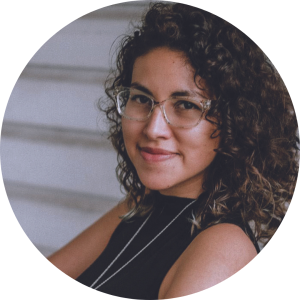
TAMMY: Something I discovered that I didn’t expect as a spiritual director is the genius and power of the Holy Spirit in the presence of the moment. Often I’ve had the experience where I am walking with a directee and I am able to trust the Spirit and be present with the directee. Then when we’re done, the Spirit brings something to my mind in terms of my own formation. That’s a gift I didn’t expect.
IZABELA: Something I wish I would’ve known sooner is how easy and light the yoke is of spiritual direction compared to other roles in a local congregation. There’s a freedom to let whatever happens in that session be what it is, and then you can release it. You don’t have to carry it with you. Obviously, you still hold that person’s story. But I have a releasing ritual that I do after each session so I can visualize and then even somatically release whatever was shared into the hands of the Creator who is more than capable of holding it. The next time we meet, we may return to that topic, or we may go in a completely different direction. But for that month in between, I’m released from the burden of anxiety about their situation. I know it’s in God’s hands.
When we first started this conversation, I noticed that none of you was uncomfortable with silence. I’ve spent most of my adult career on stage, so I have a tendency to try to fill the silence. That might speak to the vocational difference between pastors and spiritual directors. A pastor is often incentivized to fill the space as much as possible, and a spiritual director is quite content to leave that space to God. Experiencing this today has been a gift, and also a challenge, for which I’m grateful. Any final thoughts?
TED: I’d add that God is nearer than we think, and there’s no other place like spiritual direction in the church, or maybe in the world, where the space is designed to give personalized attention to the things that matter most and the directee gets to
choose what those things are.
TAMMY: I’m always amazed how God meets us in that space. I’m reminded of the passage that calls us to draw near to God and he will draw near to us. I tell my directees that there may not be a big “aha” in the moment, but God’s presence is here. I would love people to know just how special that space is when we create room for God. Spiritual direction allows us to do that together.
IZABELA: It’s a constant reminder of God’s grace and presence, no matter what season you’re in and no matter what relationship dynamic you have with God. As my life has changed over the years, meeting with my director once a month is a reminder to me of God’s consistent presence and grace.
Click here for more information or to find a Covenant spiritual director >>



